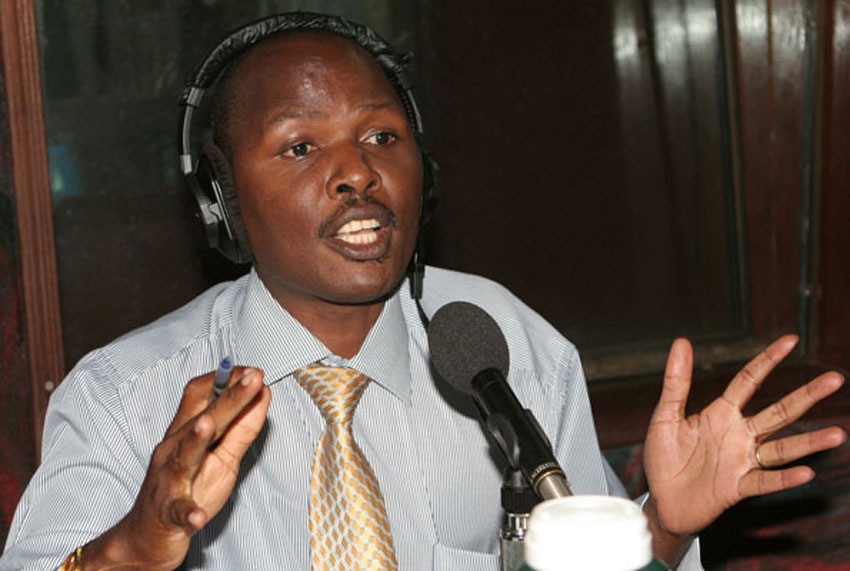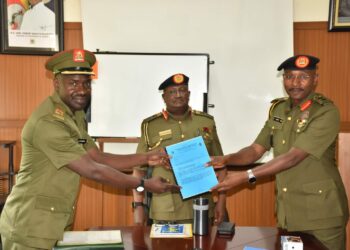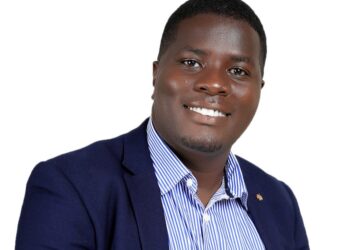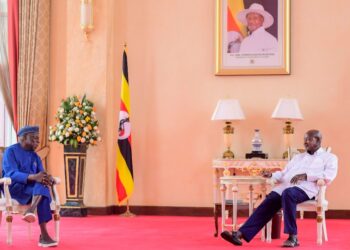In a fiery social media post, political analyst Charles Rwomushana took to X to issue a critical assessment of President Yoweri Museveni’s legacy. The post, which was shared on his personal Twitter account, questions Museveni’s credentials as a revolutionary leader, tactician, and politician, challenging his 38-year rule over Uganda.
“Museveni never ushered in a Revolution for he isn’t a Revolutionary. Museveni isn’t a Soldier, Tactician nor is he a General, but simply a Military Man. Museveni isn’t a Politician for politicians are never armed. He is a private State with a dysfunctional State to destroy him,” Rwomushana tweeted.
The post quickly gained attention, attracting reactions from both Museveni supporters and critics. Rwomushana, known for his outspoken views on Ugandan politics, offered a sharp critique of Museveni’s role in the National Resistance Movement (NRM), the party that has held power since 1986. According to Rwomushana, Museveni’s leadership cannot be classified as revolutionary, dismissing the notion that he brought transformative change to the country.
The comments also appear to question Museveni’s military credentials. While the president is widely credited with leading a guerrilla war that brought the NRM to power, Rwomushana’s remarks suggest that Museveni is more of a “military man” than a true strategist or general. The assertion that Museveni is “not a politician” but “a private State” highlights Rwomushana’s belief that the president’s authority comes from his control over armed forces, rather than from traditional political engagement.
This critique arrives at a time when Uganda faces significant political and social challenges. Museveni’s long tenure has been marked by accusations from the opposition, of authoritarianism, human rights abuses, and corruption. Many opposition figures argue that Museveni has used military force to stifle political dissent, allegations that Rwomushana seems to echo in his post.
Rwomushana’s tweet has reignited discussion about the nature of Museveni’s leadership, with many Ugandans reflecting on the president’s nearly four decades in power and the future of the country. Whether Rwomushana’s critique will have any impact on the political landscape remains to be seen, but the post has undeniably added fuel to the ongoing debate about Museveni’s rule and Uganda’s political trajectory.
Do you have a story in your community or an opinion to share with us: Email us at editorial@watchdoguganda.com













